What is the Apo B/ApoA1 ratio?
The Apo B/ApoA1 ratio compares the concentration of two key apolipoproteins in your blood: ApoB, which carries cholesterol to tissues, and ApoA1, which removes excess cholesterol from the bloodstream. It’s a strong indicator of how efficiently your body manages lipid transport and balance.
Why does it matter for long-term health and wellbeing?
This ratio gives a clearer picture of your lipid balance than standard cholesterol measures. A favourable ratio supports efficient cholesterol transport, energy metabolism, and long-term cardiovascular resilience.
What’s an optimal level of the Apo B/ApoA1 ratio?
- Optimal range: <0.7
- Typical Australian lab reference range: 0.6–0.9
What influences Apo B/ApoA1 ratio levels?
Your ratio can be affected by diet quality, physical activity, body composition, alcohol intake, smoking, stress, and genetic factors that influence cholesterol production and clearance.
What does it mean if the Apo B/ApoA1 ratio is outside the optimal range?
A higher ratio may indicate an imbalance between cholesterol-carrying and cholesterol-clearing lipoproteins. This can signal an opportunity to reassess your nutrition, exercise habits, or overall metabolic health.
How can I support healthy Apo B/ApoA1 ratio levels?
Adopt a balanced diet rich in whole foods, fibre, and healthy fats, stay active, maintain a healthy weight, and prioritise restorative sleep and stress management. Tracking your ratio regularly helps you see the impact of these habits over time.
This information is provided for general health and wellness purposes only and does not replace medical advice.
References
- Kaneva, A. M., et al. (2015). The Apolipoprotein B/Apolipoprotein A-I Ratio as a Superior Marker. PMC.
- Tamang, H. K., et al. (2014). Apo B / Apo A-I Ratio is Statistically a Better Predictor. PMC.
- Willeit, P., et al. (2006). Associations between apolipoprotein B, apolipoprotein AI, and the apoB/AI ratio with incident cardiovascular events. Journal of Internal Medicine.
- He, H., et al. (2021). The Apolipoprotein B / A1 Ratio is Associated with Metabolic Syndrome Components and Insulin Resistance. Frontiers in Endocrinology.
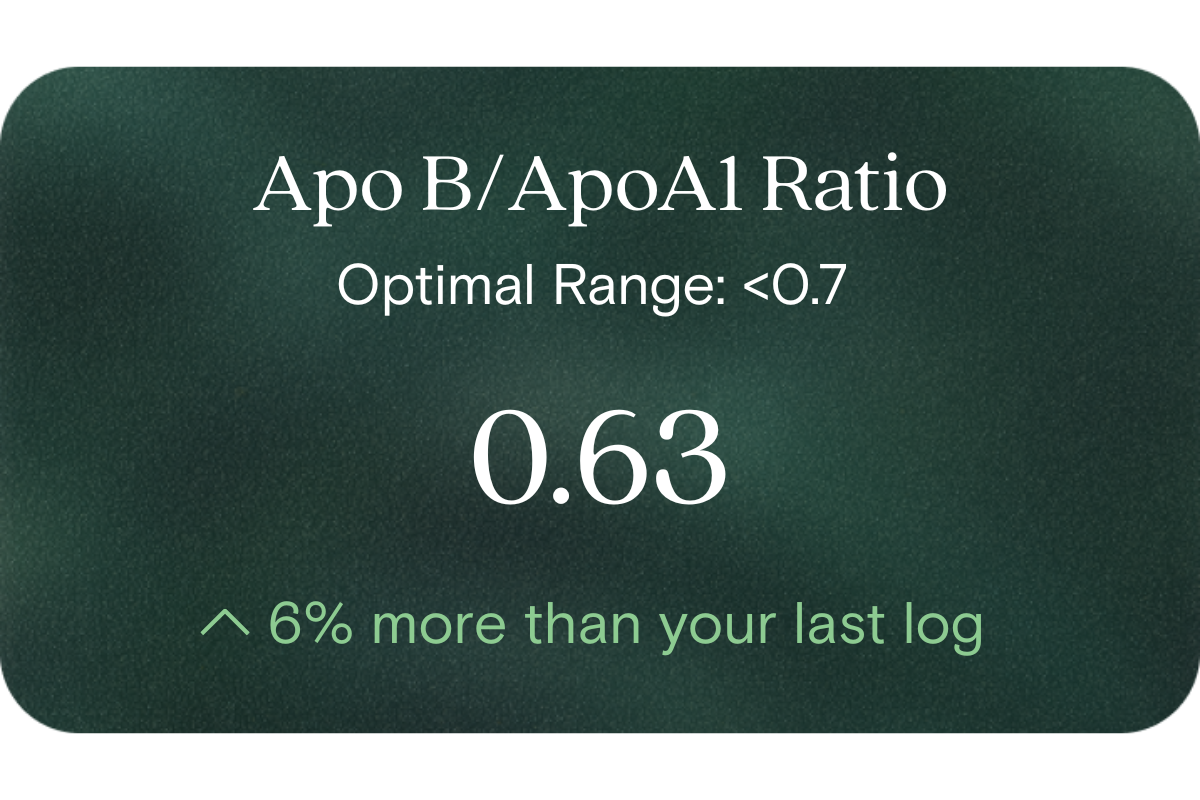











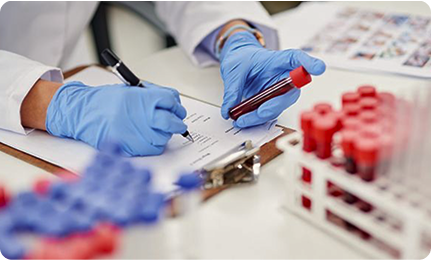
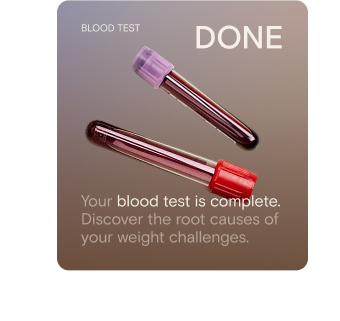
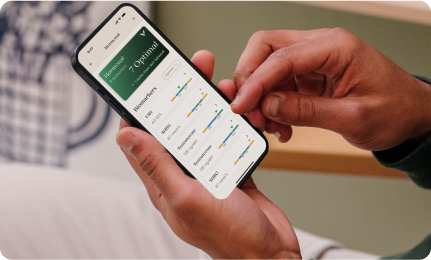
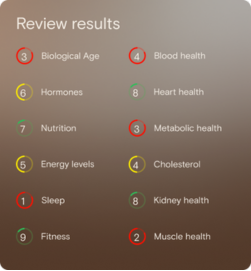

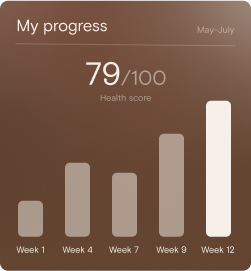


.png)


.svg)

